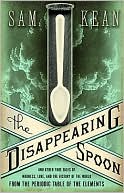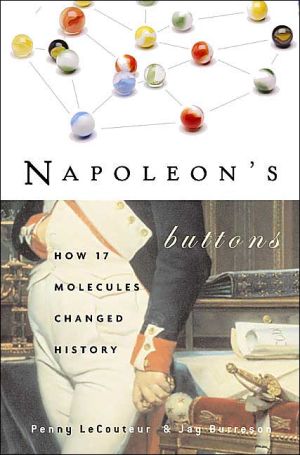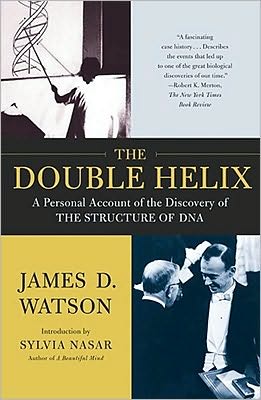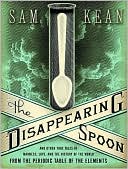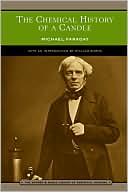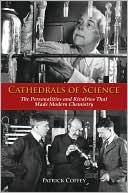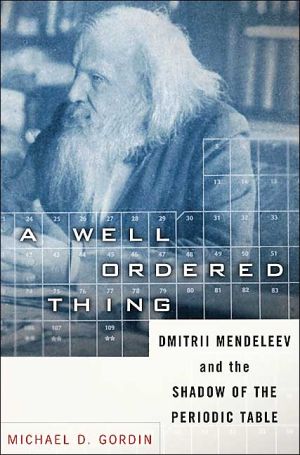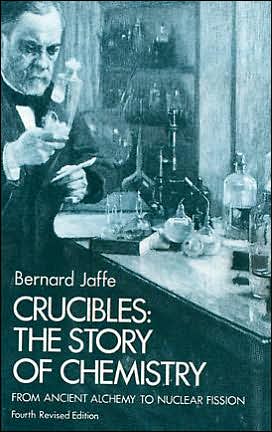Transforming Matter: A History of Chemistry from Alchemy to the Buckyball
Chemistry explores the way atoms interact, the constitution of the stars, and the human genome. Knowledge of chemistry makes it possible for us to manufacture dyes and antibiotics, metallic alloys, and other materials that contribute to the necessities and luxuries of human life. In Transforming Matter, noted historian Trevor H. Levere emphasizes that understanding the history of these developments helps us to appreciate the achievements of generations of chemists.\ Levere examines the...
Search in google:
Science historian Levere (U. of Toronto) presents an introduction to the history of chemistry for students and the general reader, with a minimum of formulas and technical jargon. Throughout the text, Levere focuses on four main themes: theories about the elements, the need to classify elements and compounds, the status of chemistry as a science, and the contributions of practice to theory. Annotation c. Book News, Inc., Portland, OR (booknews.com) Lawrence M. Principe An up-to-date and easy to read history of chemistry, particularly useful for undergraduate survey courses. Levere deploys several (often divergent schools of historical thought, thus exposing students to the varied contributions of each to our understanding, but without ever bogging down in technical matters that would not be meaningful to beginning students.
1 First Steps: From Alchemy to Chemistry? 2 Robert Boyle: Chemistry and Experiment 3 A German Story: What Burns, and How 4 An Enlightened Discipline: Chemistry as Science and Craft 5 Different Kinds of Air 6 Theory and Practice: The Tools of Revolution 7 Atoms and Elements 8 The Rise of Organic Chemistry 9 Atomic Weights Revisited 10 The Birth of the Teaching-Research Laboratory 11 Atoms in Space 12 Physical Chemistry 13 The Nature of the Chemical Bond 14 Conclusion: Where Now, and Where Next? New Frontiers AUTHOR BIO: Trevor H. Levere is a professor in the Institute for the History and Philosophy of Science and Technology at the University of Toronto. He is the editor of Annals of Science and the author of many books, including Affinity and Matter: Elements of Chemical Philosophy 1800-1865 and Chemists and Chemistry in Science and Society, 1750-1878.
\ New ScientistLevere's book is commendably clear, with good explanations of numerous concepts... It is an excellent textbook for practicing chemists and chemistry students.\ — Peter Morris\ \ \ \ \ \ American ScientistExcellent... In Trevor H. Levere's book Transforming Matter, this topic [when did chemistry become a science] is explained with precision and clarity, alongside other aspects of the history of chemistry... Most suitable for readers studying the history of chemistry as part of their education... [though] the general reader with more than a passing interest in the development of modern science would find much of interest.\ — Anthony R. Butler\ \ \ \ AmbixWhat makes this book enjoyable is its personal tone. The reader feels as if he or she was listening to a course of lectures each of which has its own little dramaturgy and message... Transforming Matter is a book science students will enjoy. It gives a good sense of the intellectual fascination involved in man's open-ended quest for understanding the material world and its inner structures. And it may also encourage to taste some of the fascination the history of chemistry has to offer.\ — Christoph Meinel\ \ \ \ \ \ Chemical HeritageTransforming Matter is targeted at newcomers to the subject, whether or not they have a background in the sciences. Formulas and technicalities are kept to a minimum, and it says much of Levere's skill as a popularizer that despite these restrictions, he is able to give lucid and accurate accounts of the principles of thermodynamics in an excellent chapter on the rise of physical chemistry. The book is interspersed with aptly chosen black-and-white illustrations accompanied by boxed texts that complement the main narrative... Instructors who want a readable, reliable, and general introductory text for arts and sciences students... will find this beautifully crafted textbook highly commendable.\ — William H. Brock\ \ \ \ \ \ British Journal for the History of ScienceLevere's book is commendably up to date, and amazingly full of information... His book can be recommended for students as readable and reliable. It is expository, didactic and clear.\ — David Knight\ \ \ \ \ \ Chemistry in BritainAn excellent short history of chemistry.\ — Michael Sutton\ \ \ \ \ \ ChoiceA solid treatment of the complex process by which chemistry has evolved.\ \ \ \ \ E-StreamsTransforming Matter is an excellent introduction to the personalities and philosophies behind the development of chemistry... an ideal source for those outside the profession needing or wanting some grounding in the evolution of chemistry.\ — Jonathan Nabe\ \ \ \ \ \ Lawrence M. PrincipeAn up-to-date and easy to read history of chemistry, particularly useful for undergraduate survey courses. Levere deploys several (often divergent schools of historical thought, thus exposing students to the varied contributions of each to our understanding, but without ever bogging down in technical matters that would not be meaningful to beginning students.\ \ \ \ \ Library JournalLevere (history of science, Univ. of Toronto) draws upon his classroom experience to write an accessible overview of the chemical sciences. Though many other histories of chemistry are in print, the low cost and comprehensive nature of this text make it attractive to libraries. As an "introductory study," it eschews chemical formulae and focuses on the big picture, considering what philosophies guided the work of chemists and to what uses chemistry was put throughout its development. Like many modern histories, it seeks to understand now-outmoded concepts in the context of their original development. For example, rather than label alchemical quests and phlogiston theory as dead ends, Levere shows how they developed from the scientific thinking of the time, reminding us that science is not about right and wrong but rather about the methods that we use to discover the truth underlying physical reality. Recommended for science collections in undergraduate and public libraries. Wade Lee, Univ. of Toledo Libs Copyright 2001 Cahners Business Information.\ \

